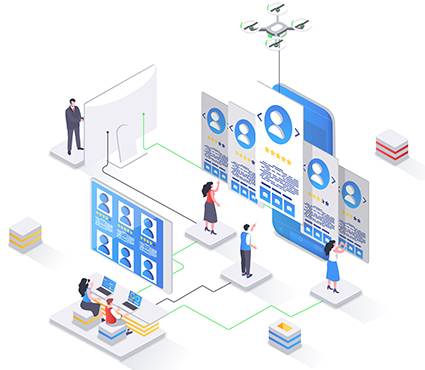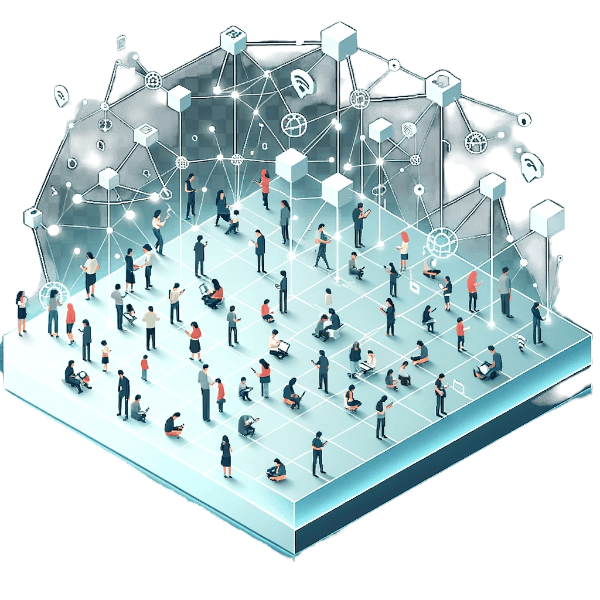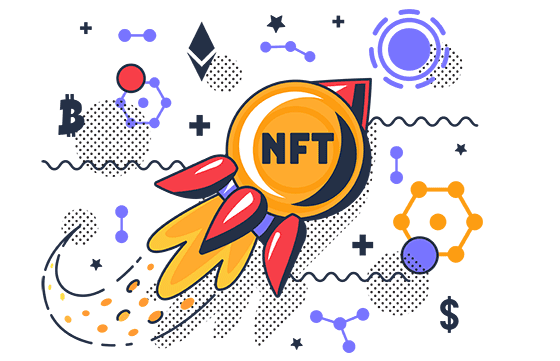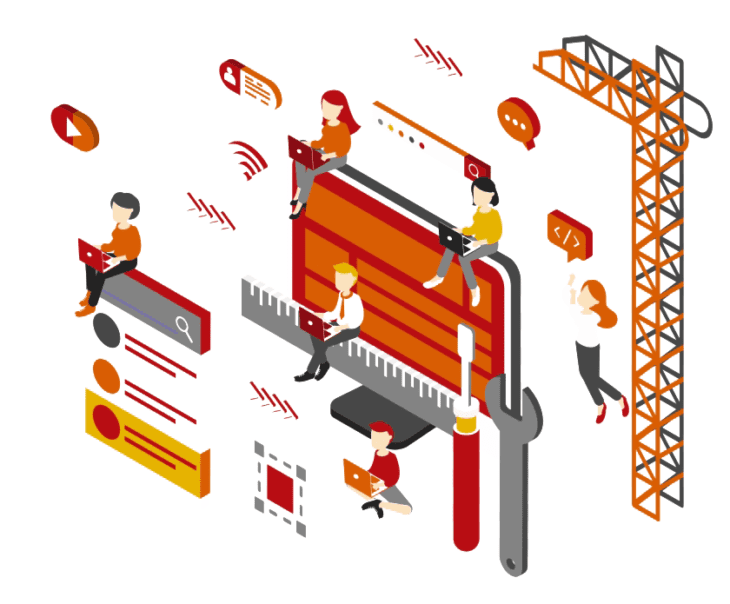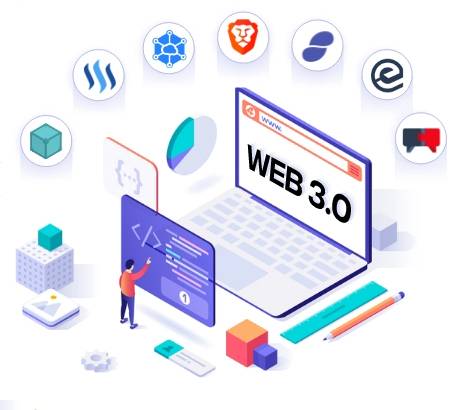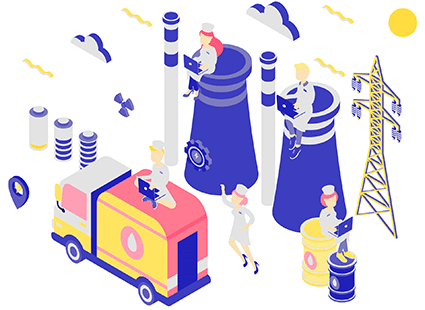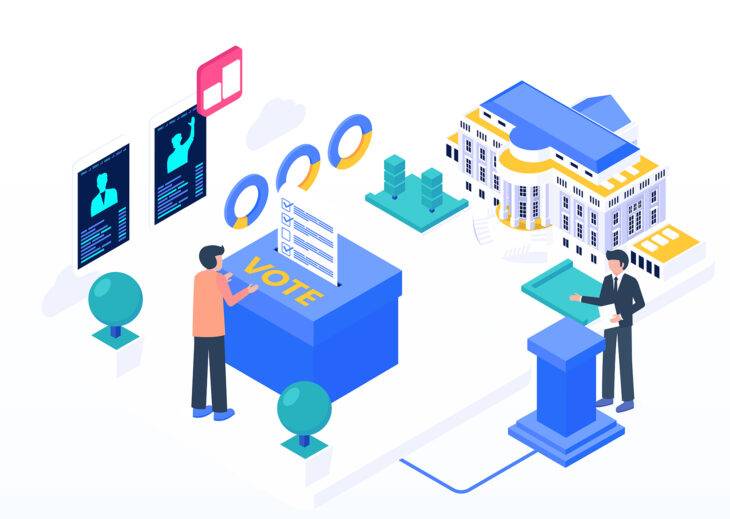Blockchain, or distributed ledger technology (DLT), revolutionized data and process management by providing unprecedented transparency, security, and accountability.
Blockchain technology has a wide range of applications in Human Resources. Gartner predicts that by 2022, more than 40% of large businesses will be using an HR solution driven by digital technologies such as artificial intelligence and blockchain.
In the last few years, blockchain technology has progressed beyond speculation and into practical application in human resources. Numerous blockchain-based human resources startups are now using this platform to address critical HR management issues.
The success of blockchain is due to its capability of being used for any purpose regarding transactions. It establishes a stable and transparent network of computing nodes capable of storing and recording any data form. Blockchain applications in HR range from payroll and employee verification to more novel use cases such as monitoring workplace discrimination and employee protection.
Ten Human Resources Blockchain Startups to Watch in 2021
Beowulf: Streamlining Communication in the Workplace
This 2019 startup leverages a decentralized cloud network to streamline internal communications in several work environments. Its solutions include secure organizational communication, distance learning, remote worker healthcare, and ready-to-use software development kits (SDKs) for unique communication features. Additionally, the organization has developed its own operating system to revolutionize the way digital workplaces run. Despite its youth, it already has many notable clients, including Vietnam’s University of Science, Asian Life Insurance Group (AIA), and OPSWAT, a cybersecurity firm headquartered in the United States.
The BeSure Network: Ensuring workplace safety protocols are valid
BeSure Network is a 2017 startup that seeks to remove unqualified workers working in hazardous/dangerous conditions. Its blockchain solution collects auditable safety and enforcement data from various sources, thus improving a company’s commitment to workplace safety. Managers (for example, factory floor supervisors) can securely access data, as can workers and regulatory authorities.
BeSure Network includes features such as smart contracts and automated data entry to assist in maintaining a secure workplace. The platform currently in beta testing with the assistance of safety organizations based in the United Kingdom.
Etch: Instant payroll
Etch, which was established in 2019, provides a blockchain-based payroll solution that enables workers to collect payments at their convenience. Credit is provided in the form of Etch tokens, which are then deposited in a digital wallet. The funds assigned by the employer determine the value of the token, and workers may use their Etch card to make purchases at millions of locations worldwide.
Etch significantly reduces payroll administration’s operating costs and effort. The solution was initially introduced in the United Kingdom, with plans to expand to the United States and Asia. The business collaborated with Atos last year to provide blockchain-based payroll to Atos customers.
eXo Platform: Revolutionizing employee rewards and recognition
Since eXo Platform was established in 2003, it is not technically a startup – it has recently increased its blockchain investments and incorporates distributed ledger technology into its rewards and recognition module. eXo incorporates connectivity, teamwork, employee empowerment, and rewards functionality, all of which are based on open-source technology. Exo is known for its high degree of interoperability, which is particularly advantageous if you have internal technological talent. Given its history as an HR technology pioneer, eXo naturally caters to prominent organizations such as UCLA and HSBC Bank.
Gospel Technology: Changing human resource information systems (HRIS)
Gospel Technology was founded in 2016, and it made it to the CIO Review’s 2017 list of the “20 Most Promising Blockchain Technology Solution Providers.” Although Gospel’s data platform can be used in any business scenario, it is especially applicable to human resource management. It enables users to exchange confidential data with internal users and external stakeholders while maintaining control, ensuring employee data rights.
The company employs distributed ledger technology to develop a single source of truth compatible with SAP, Salesforce, and OutSystems interfaces. It is freely downloadable from the Google Cloud marketplace.
Job.com: Changing the face of recruiting
Despite its two-decade history, Work.com recently relaunched in a brand-new avatar, using artificial intelligence and blockchain to link job seekers with the right employers.
Employers pay just 7% of a candidate’s annual salary when they sign up on Job.com, rather than the industry-standard 20% commission. And 5% of this is sent to the applicant directly as a signing bonus. The blockchain underpins each of these transactions. Job.com integrates with a variety of third-party systems, including JazzHR, SAP SuccessFactors, and GreenHouse.
Lympo: Employee wellness data democratization
Lympo was created in 2016 as a forum for healthcare and employee wellbeing. It establishes a comprehensive data-sharing ecosystem that is connected to wearables and other data sources. A blockchain-based reward/incentive is awarded based on the user’s fitness actions. In other words, it monetizes health and wellness data through the use of its patented token to enhance employee wellbeing while also allowing more informed business decisions.
Lympo’s approach comprises many elements, including a health and fitness wallet, employee incentivization, a wellness marketplace, and healthcare business crowdfunding. A free trial of its human resources solution is open.
Peoplewave: Employee relationship management (ERM)
This 2016 startup provides a range of solutions. Its recent offering us fascinating – Wavebase. Wavebase uses the power of blockchain to automate the sourcing, selection, and screening of candidates. It goes beyond simple background checks, as recruiters can look for applicants based on their past success, work titles, and hard skills, among other factors.
Wavebase integrates seamlessly with Peoplewave’s broader enterprise resource planning (ERP) approach, providing a centralized source of employee data for everything from recruiting to engagement and performance management. At the moment, Asia is its primary target, though it also has a sizable presence in Australia.
Vault Platform: Increasing accountability in workplace abuse reporting Vault was established in 2017 to provide workers with a secure location to document and redress wrongdoing. It makes use of blockchain technology to permanently date and time stamp data records, thus providing an accurate timeline of events. It expedites workplace discrimination investigations, ensuring that workers receive a resolution as soon as possible.
Additionally, Vault provides advanced analytics that provides HR with insight into the organization’s work culture. The Vault software is available for download on Google Play and the Apple App Store.
WurkNow: Job advancement for blue-collar workers
WurkNow is a blockchain-based human resources startup founded in 2018 with the aim of transforming the experience of blue-collar job seekers. It is divided into four modules: hiring, departments, human resource management, time and labor management, and enforcement. Blockchain technology is critical in the enforcement module, as it maintains a consolidated collection of data records ranging from worker drug monitoring to performance evaluations, fostering confidence and accountability.
Employers have quick access to pre-validated onboarding documentation and any labor infringement instances, simplifying the blue-collar recruiting process.
Conclusion
For HR technology startups, these are exciting times. Emerging concepts such as blockchain, artificial intelligence, and advanced analytics are transforming human resource management. Blockchain technology, in particular, has emerged from incubation and is now deployed in real-world scenarios across a wide range of industries. These are ten of the most successful blockchain-based human resource startups currently open, and many more are expected to launch in 2021 and beyond.
This article is also published on LinkedIn and medium.
